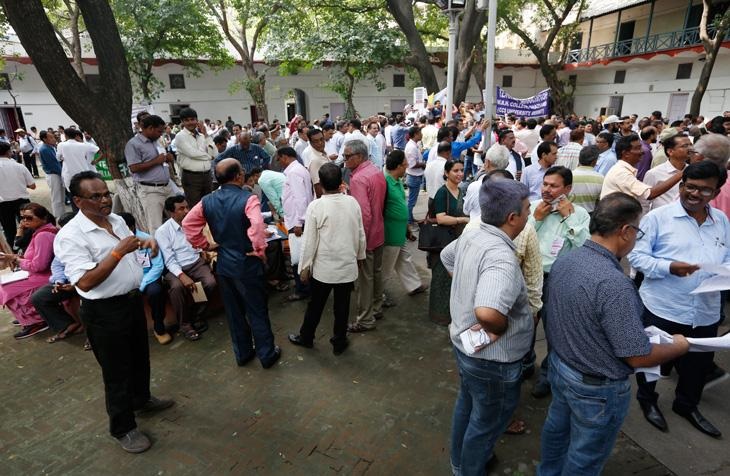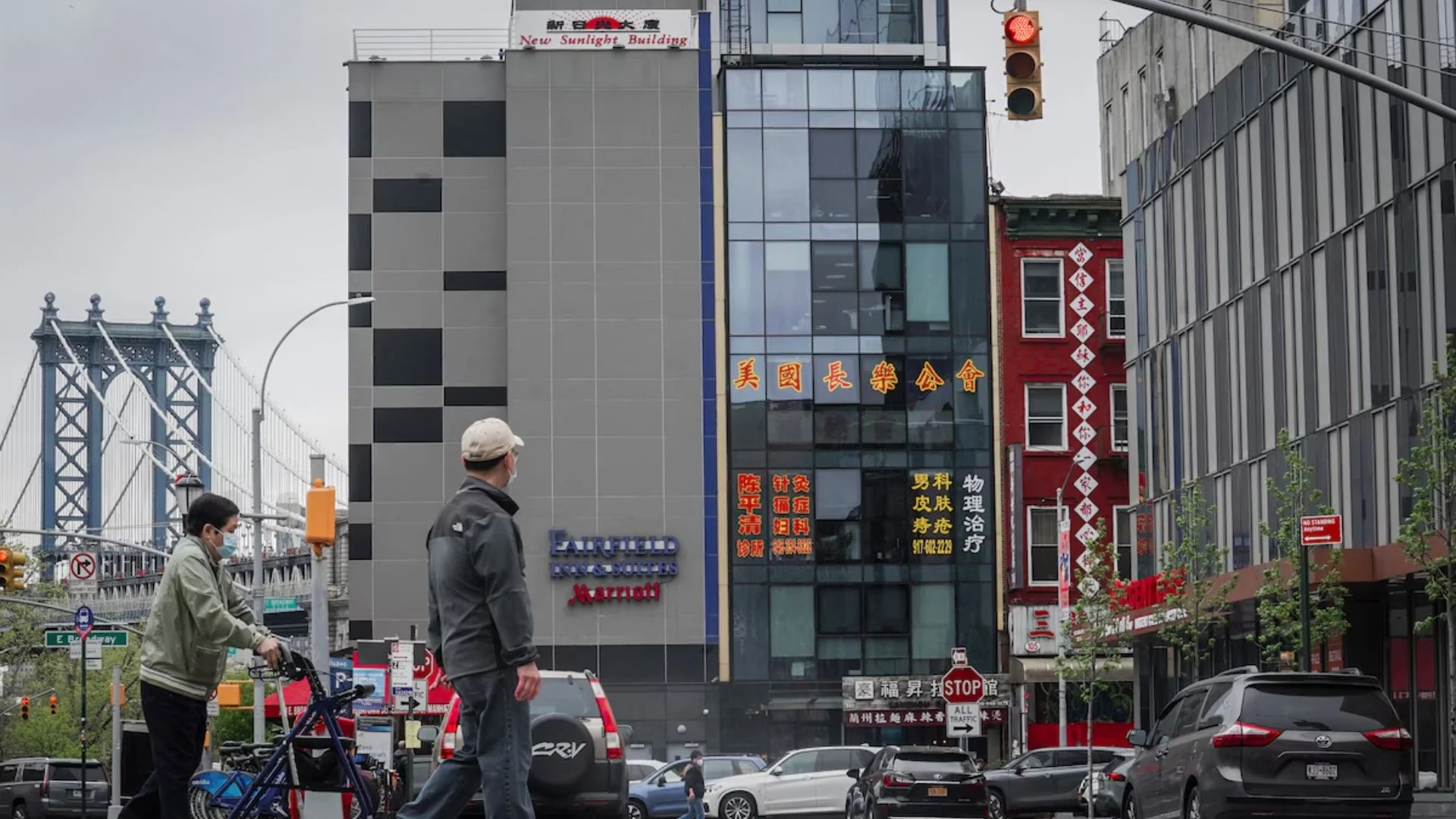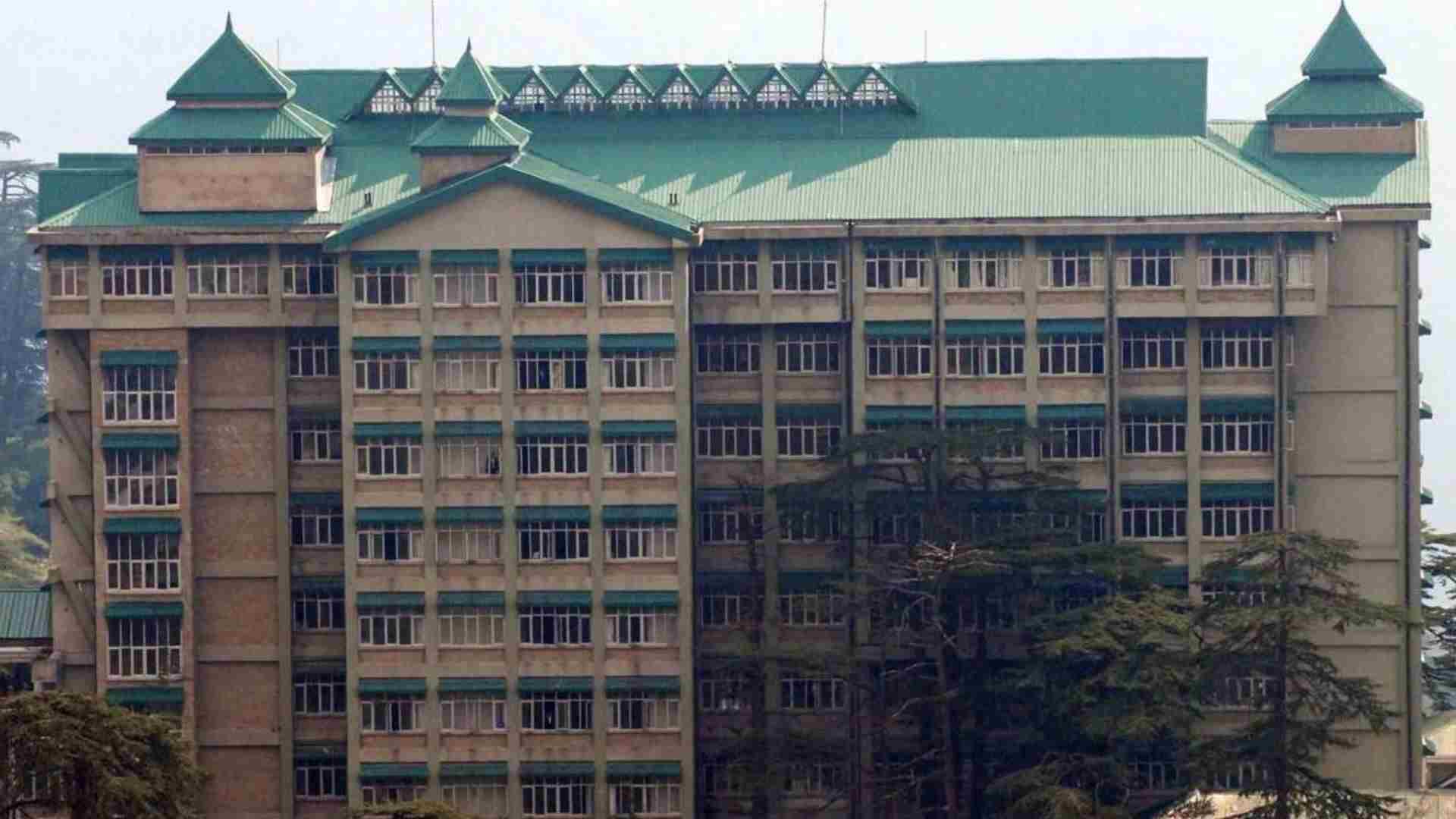
Teachers’ organizations and education activists in Maharashtra are vehemently opposing recent decisions made by the state’s school education department, which they believe will lead to the privatization of education and potentially cause an increase in school dropouts. To voice their dissent, around 15 organizations are coming together to launch the ‘Satyagraha Movement’ on Gandhi Jayanti.
They are demanding that the government rescind these decisions, which include the adoption of schools by NGOs and individuals, the consolidation of small schools into clusters, and the hiring of teachers on a contract basis. These moves have raised concerns about the erosion of the public education system.
Subhash More, the Maharashtra working president of Shikshak Bharati, a teachers’ organization, stated, “We have chosen to follow the path shown by the father of the nation to make the government realize its mistakes. The first step of this satyagraha will involve raising awareness among the public about the serious implications of these decisions, including educating parents.”
More also mentioned that voter registration for teachers and graduate constituency elections in Mumbai will commence in October. “Proactive efforts will be made to raise awareness and register individuals with knowledge for voting so that the right representatives can voice opposition to these decisions,” he added.
The recent decisions by the state’s school education department include allowing NGOs and interested individuals to adopt schools to enhance infrastructure facilities and consolidating small schools with fewer than 20 enrolled students into clusters. In the case of school adoption, the NGO or individuals also have the authority to choose a name for the adopted school.
Maharashtra has over 1.10 lakh schools, with approximately 65,000 being government-run. According to the UDISE data, there are 14,783 schools in the state with fewer than 20 students enrolled. Concerns are arising among teachers that these schools may be forced to shut down under the new cluster scheme. More argued, “The second scheme blatantly violates the Right to Education (RTE), which mandates that the government must provide a primary school within 1km from a student’s residence and a secondary school within 3km. This could result in a higher dropout rate, particularly in rural and hilly areas.















